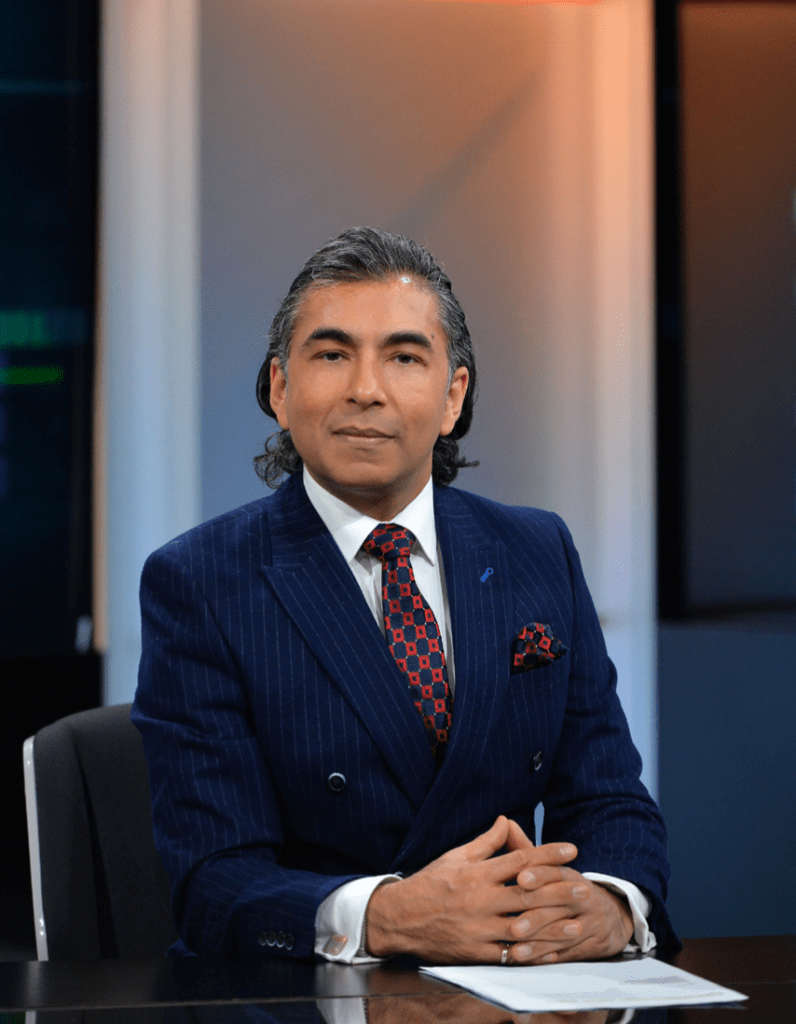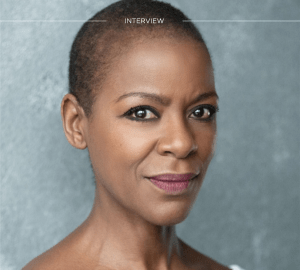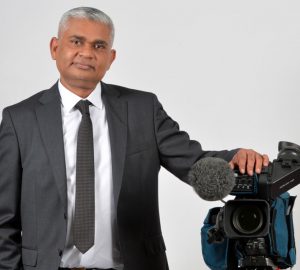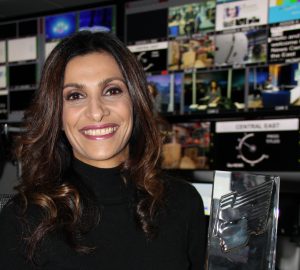
Our editor, Sam Ellison, spoke to ITV Central’s Rajiv Popat about his career in journalism and his life growing up in England as a Ugandan Asian.
The tragic expulsion of Asians from Uganda by Idi Amin in 1972 formed a foundation for Rajiv Popat’s life. “I couldn’t speak English.” said Rajiv. “I couldn’t speak Gujarati either. It was a nervous time for my parents because they’d left a home that they loved; left the country that they loved and they had come to this strange place called England.” When they arrived, his parents bought a newsagents in Bermondsey, in South East London. The decision to keep work and family close was an understandable one. They could look after their children and make a living at the same time.
One of the greatest challenges faced by immigrants and asylum seekers is racism, even to this day. In the 70’s, the Popat family experienced racism on a regular basis. “They didn’t know how this country worked, and we were one of the first Asian family’s in the area. It was a difficult time for my parents because racism was rife. The National Front were feared. My parents had to put up with racist taunts, spitting, broken windows, verbal abuse, racist abuse. They did everything possible to protect myself and my sister from that. It was something they had never experienced and it was a frightening time. But despite some unsavoury characters and experiences, there were some incredibly kind and helpful neighbours who remained friends for many years.”
From a young age, Rajiv would flick through the newspapers, developing his grand appreciation of news and journalism. But like most kids his age, he had no idea what he wanted to do with his life. “My parents were quite traditional and they wanted myself and my sister to go on and study something to do with the sciences, computers, or law. I ended up getting into computer studies and it wasn’t something I enjoyed at all. But I was always into news and current affairs and a family friend suggested I take the NCTJ course, which is the professional qualification for journalism. I finished that course at the University of Westminster.”
In 1993, he managed to get some voluntary work at Sunrise Radio in London, netting some real-world experience in journalism. After just a few weeks, Rajiv stood out above the other volunteers, thanks in part, to his qualifications. The managing director offered Rajiv a job, giving him very little time to think about the offer. He took the chance and moved to Leicester.
“I didn’t know much about Leicester, but I took the job. I didn’t think I would stay longer than 6 months because I loved London so much. But now, nearly 30 years on, I still haven’t gone back! I think it’s a fantastic city, and I love it here. I love that you can be 10 minutes away from the countryside, or 10 minutes from the city centre. There are lots of places to eat and drink too. I love the Golden Mile as well. We have this area dedicated to Asian shops and restaurants and they’re brilliant. It’s the jewel in the crown of Leicester.”
After spending two years working in radio, Rajiv got in touch with one of the producers of Asian Eye, a ten-minute news programme about the Indian subcontinent. He had always wanted to work at ITV News Central and the opportunity to work on one of their shows was too much to resist. “After a shift during my 5 and a half days a week at Sunrise, I would drive to Nottingham to work on Asian Eye. I learned how to write TV scripts and how to work on TV. I spent 6 months or so doing that then I had to stop doing it because it was exhausting tackling both roles.”
The dedication to his work paid off however. Shortly after leaving, Rajiv was called by one of the producers with news of a role. “I applied and that was it. I got the job. That was back in 1996, so now I’ve been at ITV for 25 years.”
Those past 25 years have been filled with a myriad of stories and destinations which Rajiv has covered and travelled to but one place still holds the top spot in Rajiv’s heart. “I love India,” he said. “I have been there four times now for work alone. When I went to India for the first time for work, I was probably one of the first reporters to use a camera to film. I spoke to my editor and told him my idea. He loved it. I had an idea who I wanted to take as a cameraman and I made my suggestion. He said no. I asked why. He told me I’m going on my own! I had to go and film it myself. I had never used a camera before so I received a crash course in using the equipment and received what is known as a VJ kit—a video journalist kit. It was really nerve-wracking. I was travelling 5000 miles to a country I have never been to before with the words that my editor used stuck in my mind: I expect a bloody good job.”

The founder of Pukaar News Romail Gulzar, has had the pleasure of working with Rajiv over the last ten years, and has even ventured to Rajiv’s homeland of Uganda to cover something very close to home. This was during the 40-year anniversary of Idi Amin’s expulsion of Ugandan Asians. “That, for me, was incredibly personal. It was quite touching. I was going back to Jinja, the place where I was born, yet I didn’t have any memories of it. I remember my parents talking about this lush, green, paradise as I was growing up in England. It was very poignant, and very emotional for me. I visited the house where I spent the first two years of my life, and the school where my dad taught. My parents used to talk about walks around the River Nile. it was lovely to be able to see that with my own eyes.”
‘A full life’ would be an understatement here. During his career, Rajiv has gone on to win multiple awards in journalism and media, travelled around the world reporting on both wonderful and tragic stories, and has even met Her Majesty the Queen and Prince Charles. This life naturally brings with it some great lessons that can be passed onto future generations. “I do a lot of talks at schools and colleges as part of a programme called Speakers for Schools. People from various industries visit schools to talk about their experiences and give advice to students who are interested in their professions. My advice to students who ask me about journalism and whether it’s a career they should consider, I would say most definitely yes! It’s fascinating—no two days are the same. News and current affairs are so so important, more so now than ever before, because of what’s been happening with the pandemic. This industry helps to inform and educate people about the world around them. Of course, with anything, you need to have a passion for the industry. The thing about journalism is it’s very competitive and it is very hard. I have a saying though – perseverance beats resistance. Prepare for knock-backs. Make sure you have thick skin and you will succeed. I never wake up disappointed that I have to go to work. I feel privileged to be doing a job I enjoy as much today as I did when I first started all those years ago—a job that’s taken me to some beautiful parts of the Midlands and some far flung places around the world. One thing’s for certain though—there’s no place quite like Leicester!”






